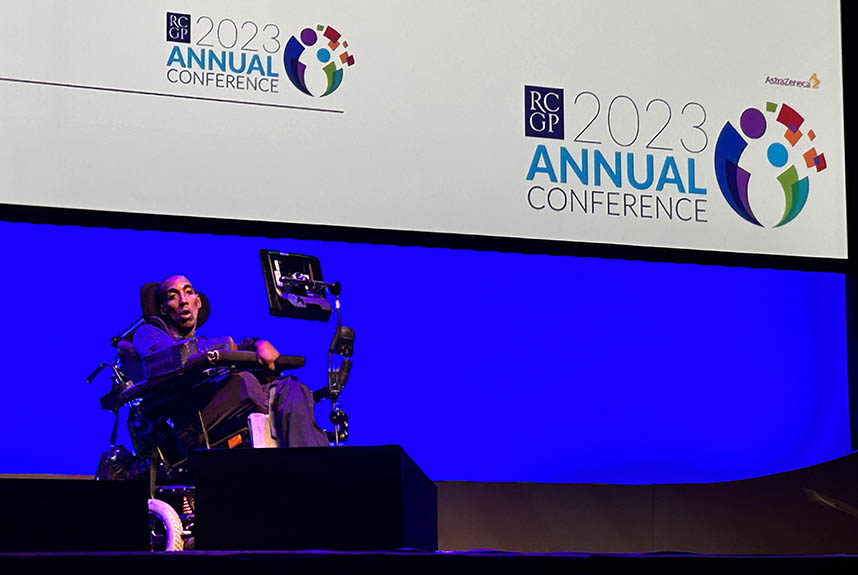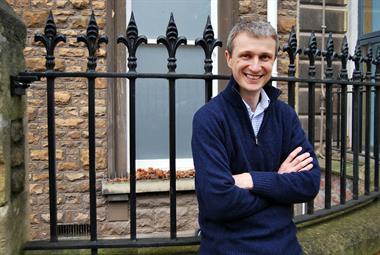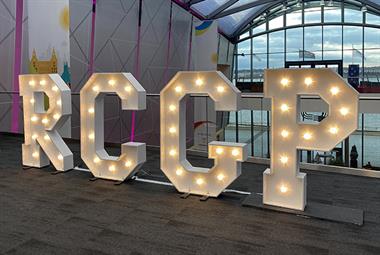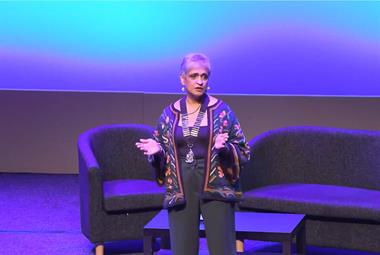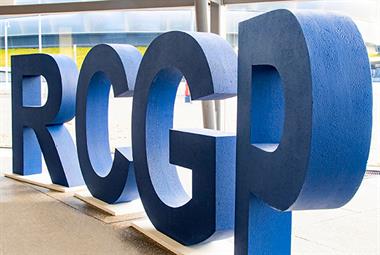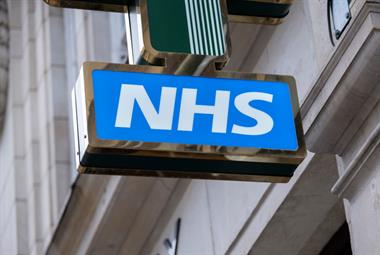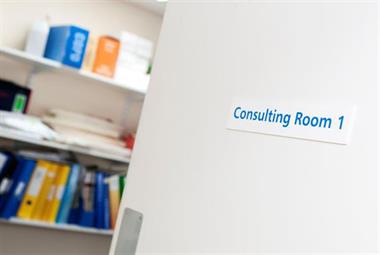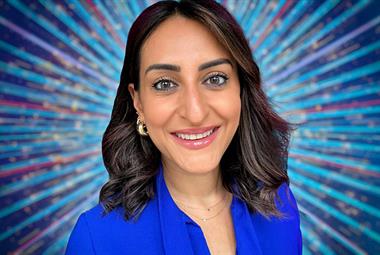Javed Moore, a motivational speaker and journalist from London who has cerebral palsy, told GPs at the conference in Glasgow that a meeting with the practice manager at his surgery Oakwood Medical Centre in north London 'was the first step to transforming my life'.
Mr Moore, who uses a machine controlled by his eyes to speak, said: 'Growing up, my experiences with the NHS were not always positive. I have therefore always maintained a distant relationship with my GP.
'Despite being registered to Oakwood Medical Centre for 17 years, I was reluctant to ask for support, even in 2021 when I was experiencing debilitating vertigo and gastritis.
'I was dependent on others to make appointments and collect my prescriptions. I had received little explanation of recommended medications, which led to little understanding and confidence in using any on a regular basis. My mood was low, but I did not trust any healthcare professional to discuss this with.'
However he said after meeting practice manager Stacey Holding and reception manager Michelle McVey things started to change.
Making appointments
'Making appointments was always a challenge,' Mr Moore said. 'Using my communication device means I speak slower and need more time in conversations. Receptionists would often be verbally impatient when they felt I took too long, or would even hang up on me.
'Michelle introduced me to her receptionist colleagues. Our rapport was immediately strengthened once they were aware of my communication device. This transformed my ability to independently call the surgery, and I could be more confident knowing who I was speaking to on the other end.'
The practice also began to accommodate Mr Moore's additional needs in other ways, including providing consultations via email because writing is his preferred communication style, allowing him double length appointments in the afternoon when he does need to come in, and coming up with 'creative solutions' when taking blood because of his frequent involuntary hand movements.
Mr Moore said his first GP Dr Mownah was 'the first doctor who truly listened to me, and it genuinely felt like a two-way conversation. This gave me the opportunity to explore my emotional wellbeing, which I was never comfortable to do previously.'
Importance of continuity
His named GP now, Dr Phillips, has also helped him deal with challenges in his hospital care by writing extra letters to help amplify his voice and ensuring his care plan, which includes the need for a hoist, is always attached to any referrals to make sure the hospital understand his needs.
Continuity has been a key part of this, Mr Moore said. 'This familiarity allowed me to understand my medications and treatments properly, and to even explore new treatments for long ignored issues,' he told the conference. 'There is no doubt every GP faces enormous daily pressure and time constraints, but, in my case, this consistency has revolutionised my life'
Mr Moore and reception manager Ms McVey have put together a list of tips that Mr Moore says could benefit all GP patients, but especially those with long-term or complex needs.
First of these is encouraging familiarity so that patients feel more confident contacting the practice and less aprehensive about visiting.
Practices should also prioritise continuity for patients with complex needs; encourage them to write a list of concerns before appointments and priortise discussing the most pressing first; and discussing any barriers to accessing care and being creative when coming up with solutions.
'This successful working relationship built at Oakwood Medical Centre has revolutionised my life. It has even had impacts on the way I interact with non-healthcare organisations,' Mr Moore said.
'My journey has made me believe that maintaining our health is not all about what we eat or exercise, but also in building a good relationship with our GP. It is imperative to inspire patients' confidence in accessing GP practices by providing them with simple and practical information. The value of familiarity cannot be underestimated.'
